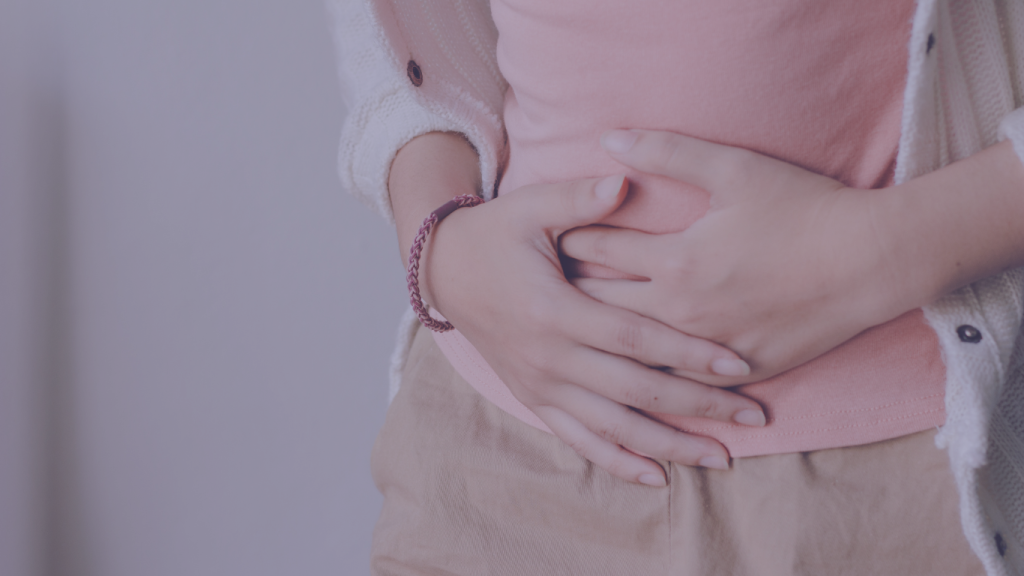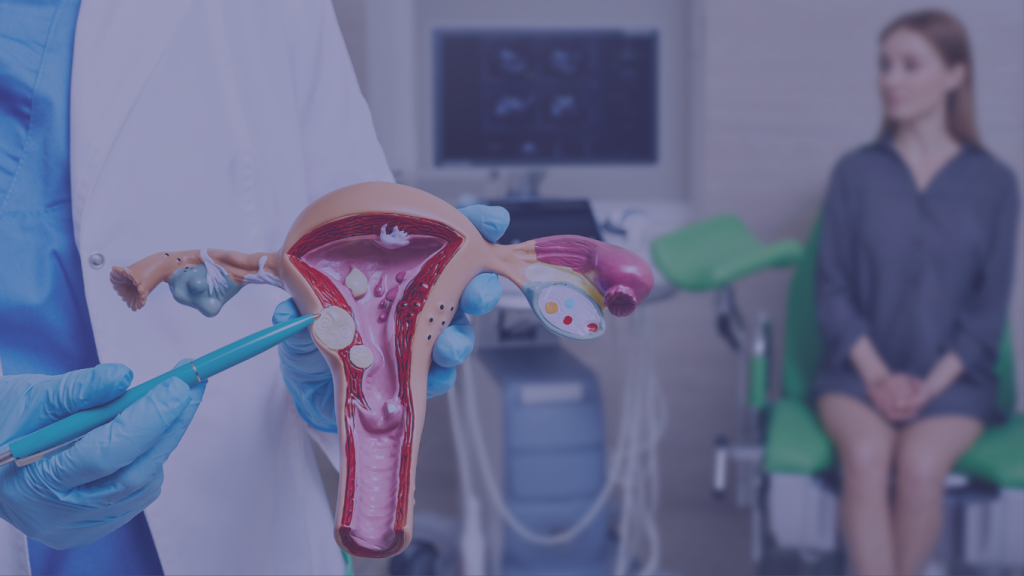
Bloated Stomach: A Potential Symptom of Fibroids
Bloated Stomach: A Potential Symptom of Fibroids Fibroids, benign growths of muscle cells in or on the uterus, are generally asymptomatic. However, in some cases, they can lead to abdominal distention/bloating. This article explores the connection between fibroids and a distended abdomen or bloating, shedding light on fibroid symptoms, causes, and potential solutions. Symptoms of Fibroids: While fibroids often go unnoticed, they can create symptoms that vary in severity. Common signs include heavy and prolonged menstrual bleeding, and discomfort during sexual intercourse. Fibroids growing on the outside of the uterus, especially those large in size, may exert pressure on adjacent organs, causing issues such as urinary discomfort, back pain, and constipation. Bloating Due to Fibroids: The size and location of fibroids play a significant role in determining the symptoms they cause. Numerous or larger fibroids are more likely to exert pressure on neighboring organs, impacting the intestines and leading to…








